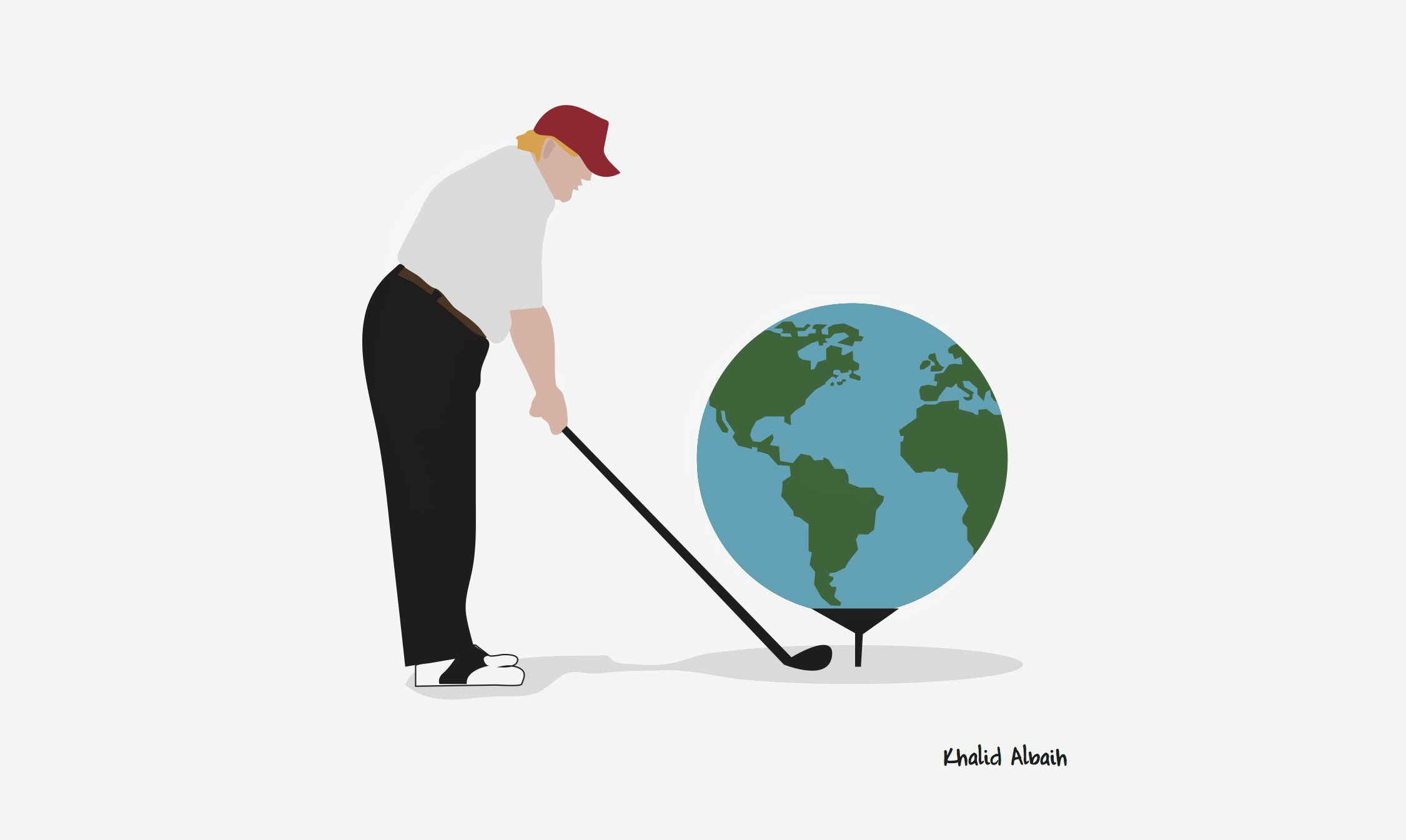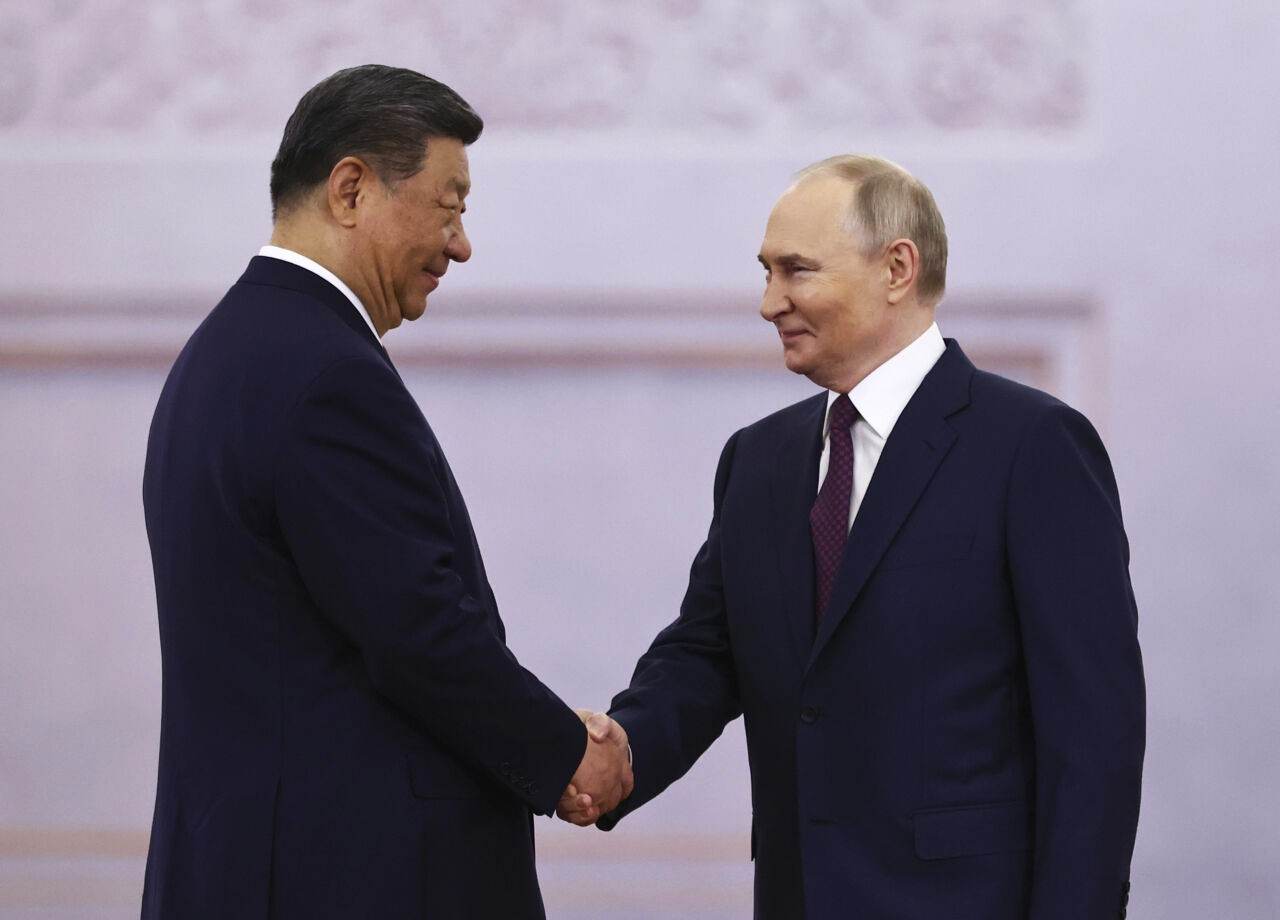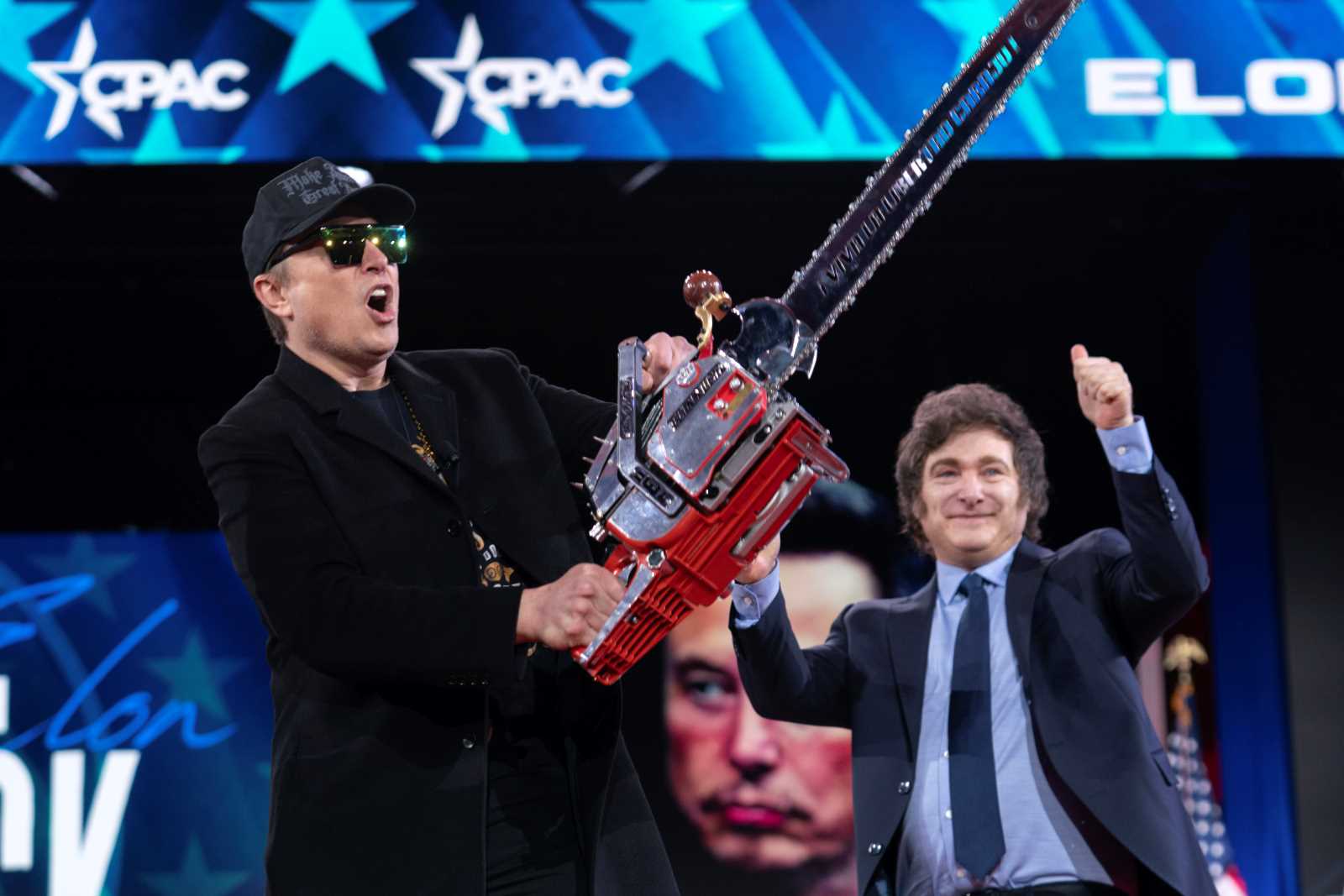Our view
Political humour serves both freedom and extremism

For forty years, Wong Kei-kwan drew socially critical cartoons for Ming Pao, a Hong Kong newspaper. In May 2023, the paper stopped publishing his work in response to complaints by multiple government officials of the special administrative region. Observers saw the case as another nail in the coffin of Hong Kong’s critical media landscape under the authoritarian influence of China.
The state of political satire in a society is an indicator of freedom of expression: It gives oppressed people a voice and playfully questions authority. As a result, rulers in many countries try to silence satirists, like in the case of Wong Kei-kwan. They threaten and punish them, have them disappeared, or drive them into exile.
But other forces limit the free expression of satire, too. Social-media algorithms, for example, marginalise undesirable content. Ultimately the platforms themselves decide what is allowed to reach the broad masses – often according to non-transparent criteria. Sudanese cartoonist Khalid Albaih told D+C that Meta, the parent company of Facebook and Instagram, erased many of his cartoons. Renowned cartoonist Ann Telnaes left The Washington Post early this year after the paper refused to publish one of her works. The cartoon criticised the behaviour of tech billionaire and Washington Post-owner Jeff Bezos leading up to the inauguration of US President Donald Trump: A draft showed Bezos kneeling before a statue of Trump, alongside other grovelling tech and media executives. Clearly such criticism is not possible in The Washington Post under Bezos’s leadership.
Humour works in both directions
Satire generally directs its humour from the bottom up: The ruled laugh at the rulers. Yet humour can be used not only to question power, but also to reinforce it. A prime example is Donald Trump, who, as president, intentionally mocks political opponents and dissenters.
Extremism, too, can be fought or made more acceptable with the help of comedy: In political discourse on social media and elsewhere, extremists ridicule democratic values, deride disadvantaged people and stoke fear and prejudice. Criticism is quickly labelled “humourless”.
Satire can undermine autocracy, while extremist humour can undermine democracy. One strategy to fight anti-democratic forces is, once again, humour – as creative campaigns against extremism and autocracy have shown.
Every two years, the Freedom Cartoonists Foundation presents the Kofi Annan Courage in Cartooning Award to shine a spotlight on cartoonists and their efforts to promote democracy. In 2024, the prize went to Wong Kei-kwan and Indian cartoonist Rachita Taneja. They both stand for thousands who struggle under difficult conditions to find words and images to uphold democratic values. They are a model and inspiration – including for audiences in established but embattled democracies.
Links
Telnaes, A., 2025: Why I’m quitting the Washington Post.
https://anntelnaes.substack.com/p/why-im-quitting-the-washington-post
Freedom Cartoonists:
https://freedomcartoonists.com/
Capelotti, J. P., Hoefel, D., Date, R. (eds.), 2024: Humour and conflict in the global south. European Journal of Humour Research. Vol. 12 No. 3 (2024).
https://europeanjournalofhumour.org/ejhr/issue/view/48
Jörg Döbereiner is the managing editor of D+C.
euz.editor@dandc.eu
















